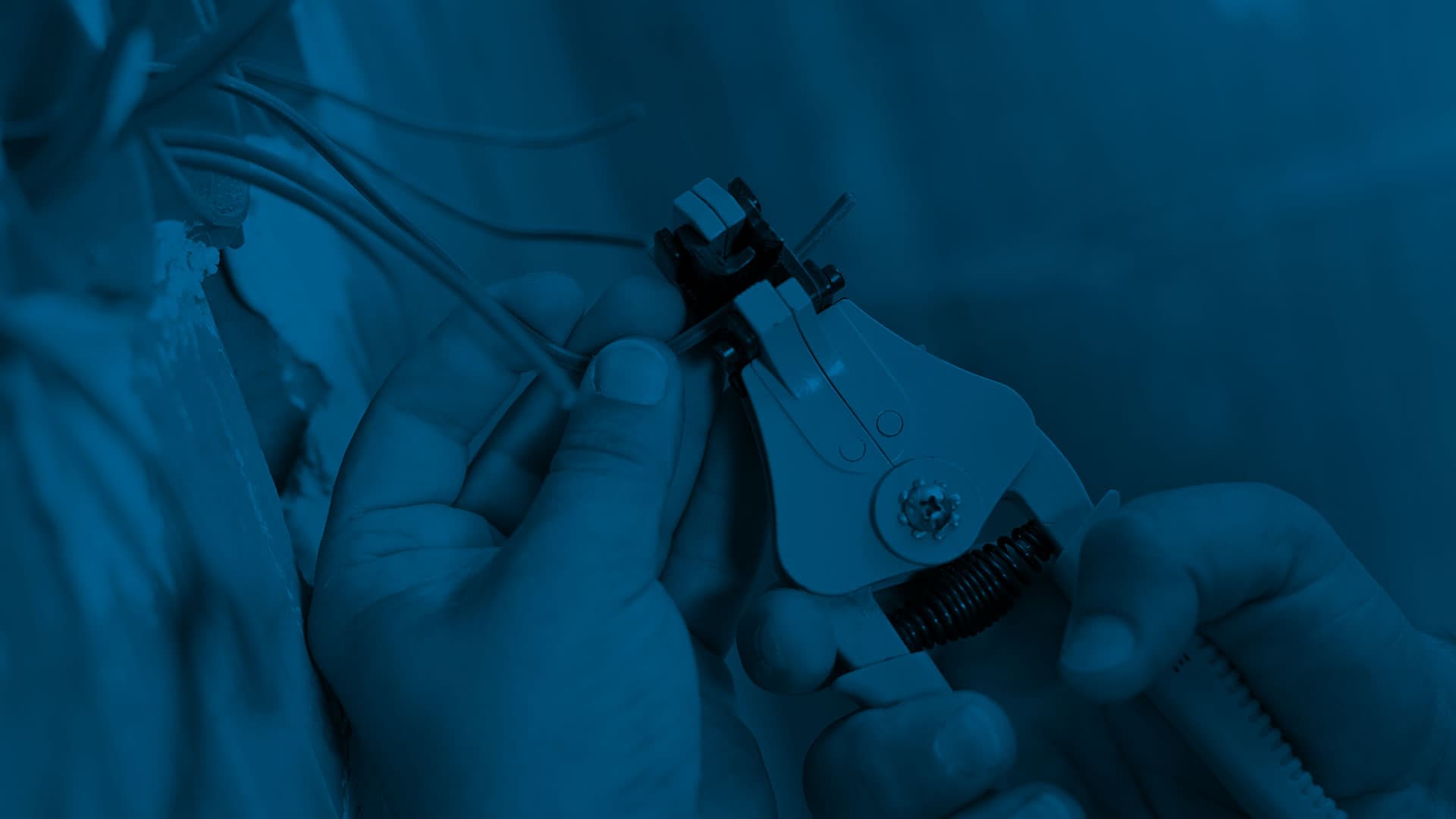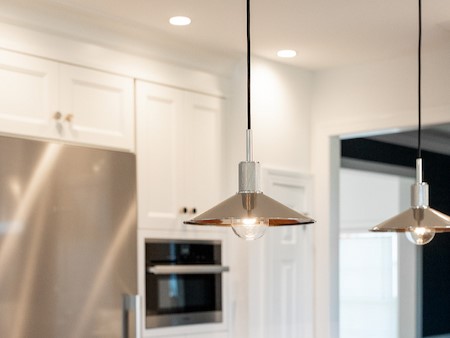
How to Maximize Energy Efficiency with Your Home's Electrical System

Maximizing energy efficiency in your home not only helps the environment but also reduces your monthly utility bills. With the right electrical upgrades, you can significantly improve the efficiency of your home’s power usage. From installing energy-efficient lighting to optimizing appliance use, there are several impactful steps you can take. Here's how to enhance energy efficiency with a few key electrical upgrades.
1. Switch to Energy-Efficient Lighting (LEDs)
Lighting accounts for a significant portion of a home’s energy consumption. Traditional incandescent bulbs consume more energy and have shorter lifespans compared to newer lighting technologies. One of the easiest and most effective ways to improve your home’s energy efficiency is by switching to LED (Light Emitting Diode) bulbs.
LEDs use up to 75% less energy and can last 25 times longer than traditional incandescent bulbs. Additionally, LED lighting and bulbs are available in a variety of brightness levels and colors, making them suitable for every room in your home. The upfront cost may be higher, but the long-term savings in energy use and replacement costs make them a smart investment.
2. Optimize Appliance Use
Your household appliances contribute a significant amount to your overall energy usage. Optimizing how you use these appliances can lead to noticeable energy savings. Here are some key strategies:
- Upgrade to Energy-Efficient Appliances: Modern appliances are designed with energy efficiency in mind. Look for the ENERGY STAR label, which indicates that the appliance meets energy-saving standards. These appliances typically use less electricity and water while delivering the same performance.
- Smart Appliance Usage: Avoid using appliances like washing machines, dishwashers, and dryers during peak energy hours. Additionally, using cold water for laundry and air-drying clothes can further reduce energy consumption.
- Maintain Appliances: Keeping your appliances in good working order helps them run efficiently. Regular maintenance, such as cleaning dryer vents, defrosting your freezer, and changing filters, ensures your appliances are operating at their best.
3. Use Smart Power Strips
Many electronics and appliances continue to draw power even when turned off, a phenomenon known as "phantom load" or "vampire energy." Devices such as televisions, computers, and chargers are common culprits. To combat this, you can install smart power strips.
Smart power strips automatically cut off power to devices that are in standby mode, effectively reducing phantom energy use. Some models allow you to schedule when devices should be turned on or off, adding an additional layer of control. This simple change can lead to significant reductions in your energy consumption over time.
4. Upgrade to Energy-Efficient Electrical Panels
Older electrical panels may not be optimized for today’s energy demands, especially with the increasing use of modern electronics and appliances. Upgrading to an energy-efficient electrical panel ensures your home’s electrical system runs smoothly and safely, and it can even reduce energy waste.
An upgraded panel distributes electricity more efficiently, reducing strain on the system. Additionally, newer panels can accommodate solar energy systems, home battery storage, and electric vehicle (EV) charging stations, all of which contribute to an energy-efficient home.
5. Incorporate Smart Home Technology
Integrating smart home technology into your electrical system can further enhance energy efficiency. Devices such as smart thermostats, smart lighting, and energy-monitoring systems allow you to automate and control your home’s energy use. For example, smart thermostats can adjust heating and cooling based on your preferences and daily schedule, minimizing energy waste when you're not home.
Smart lighting systems let you control lights remotely, ensuring they aren’t left on when not in use. Smart home energy monitors can give you real-time data on your energy usage, helping you identify opportunities to cut back on energy consumption.
In Conclusion
Improving your home’s energy efficiency doesn’t have to involve major renovations or expensive upgrades. Small changes like switching to LED lighting, using smart power strips, and upgrading appliances can lead to substantial savings. Additionally, investing in an energy-efficient electrical panel and incorporating smart home technology will enhance your home’s long-term efficiency and value.
By taking these steps, you'll not only lower your energy bills but also reduce your environmental footprint, contributing to a more sustainable future. Call Lehigh Valley Electric, Inc for the best service from an Allentown electrician. We're the electrician to trust for quality service and care.